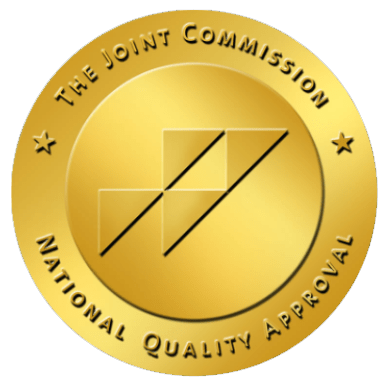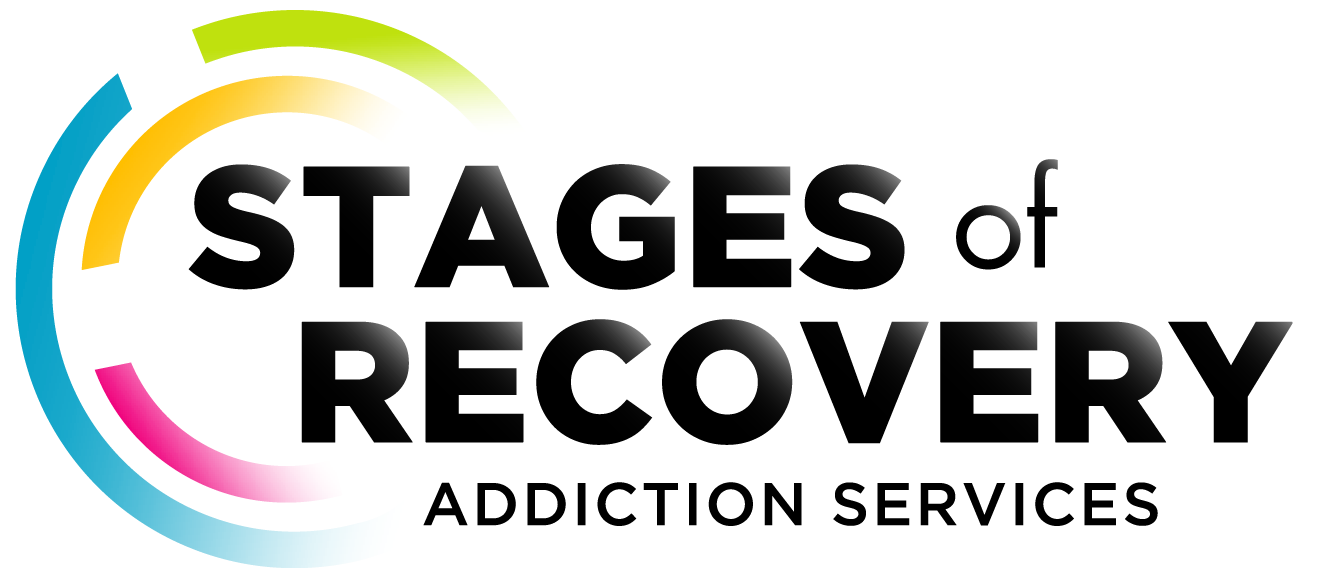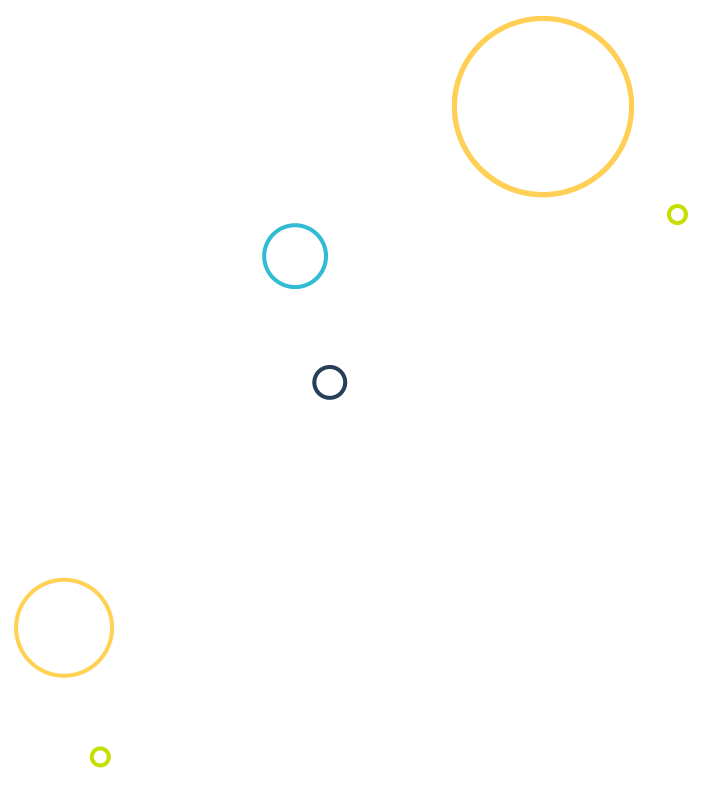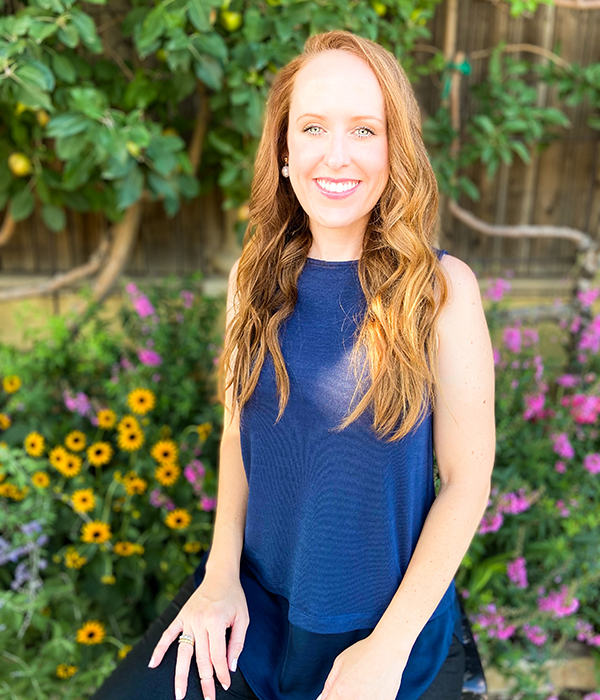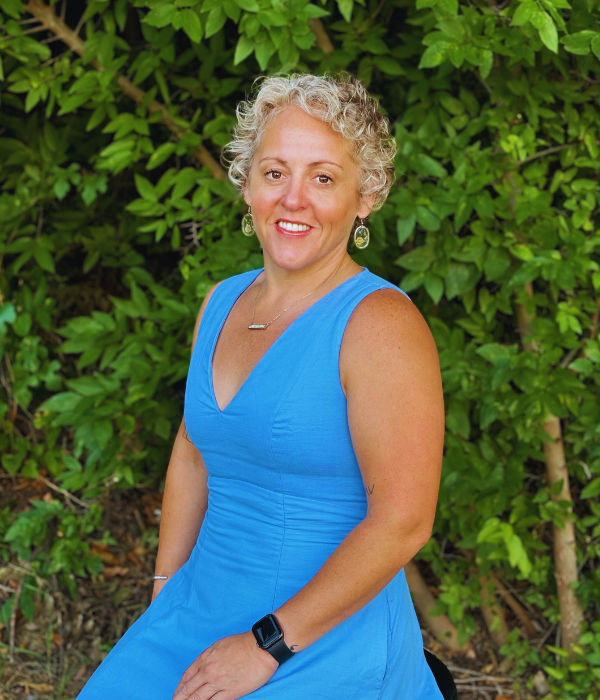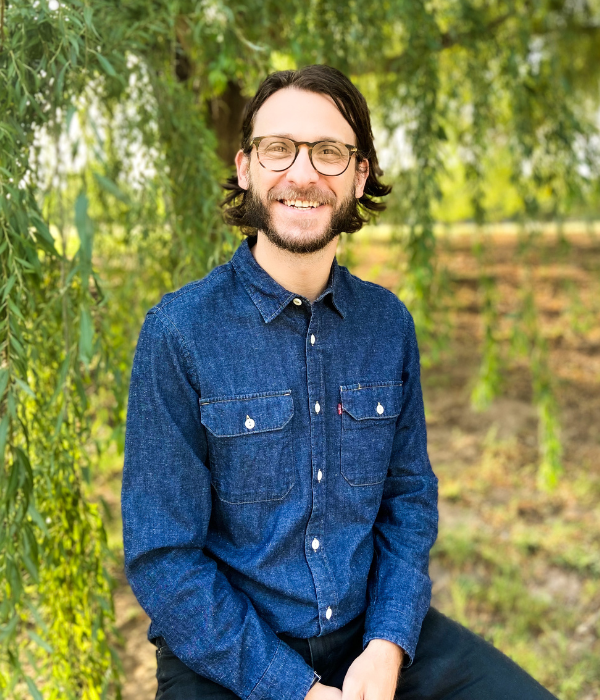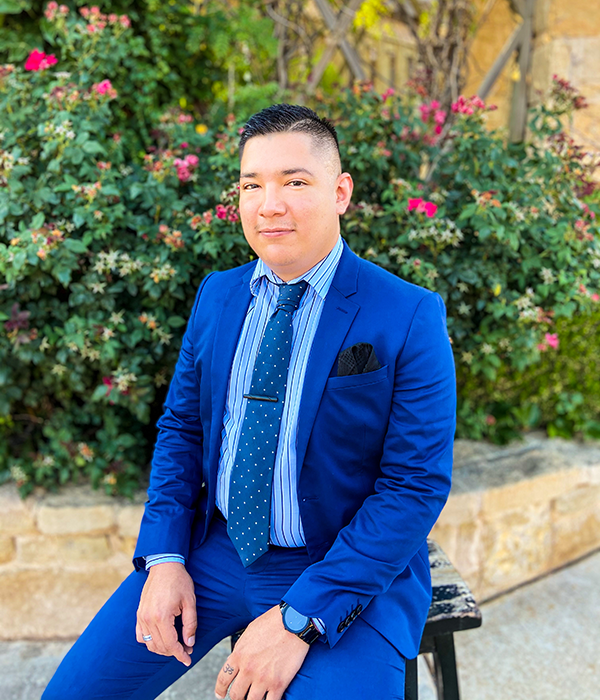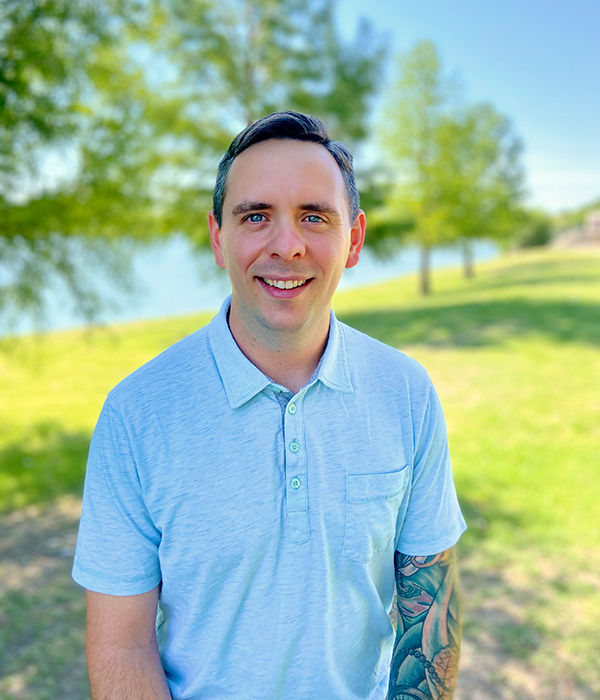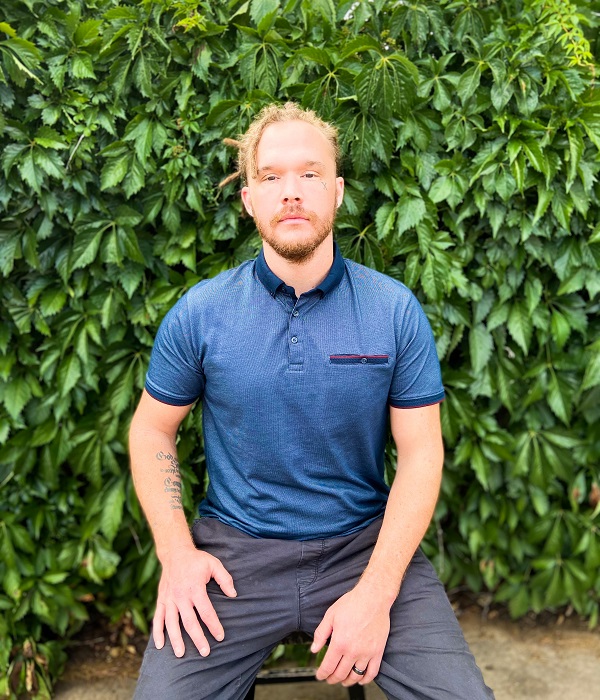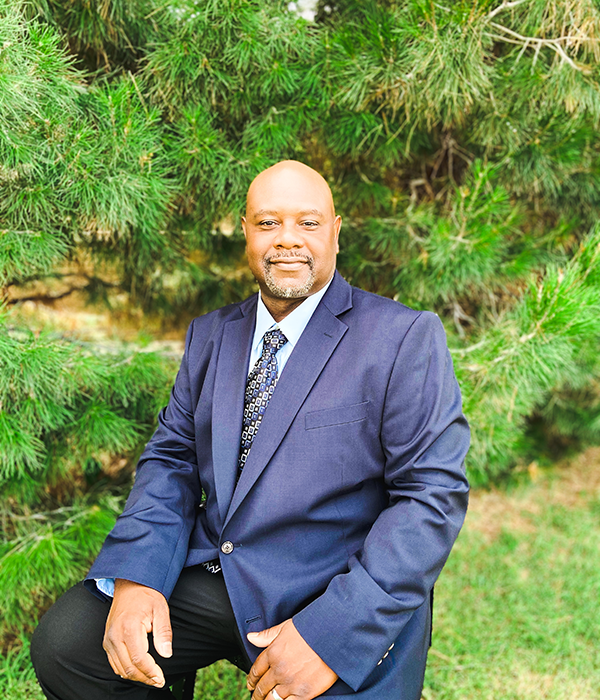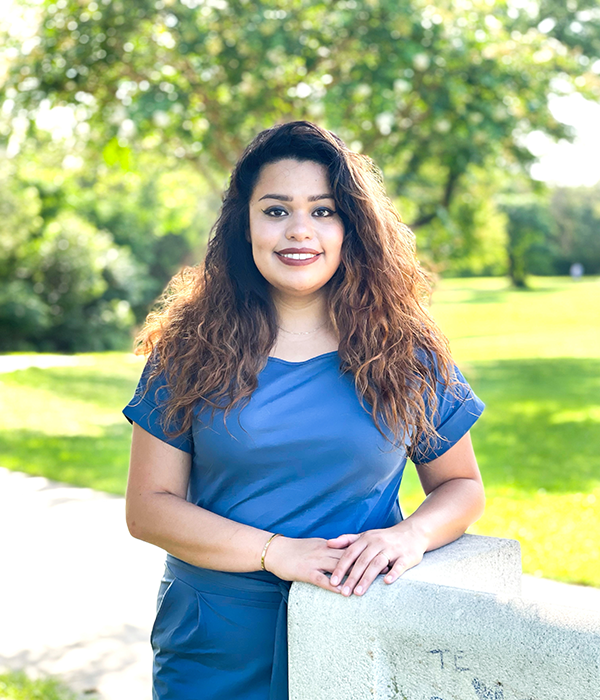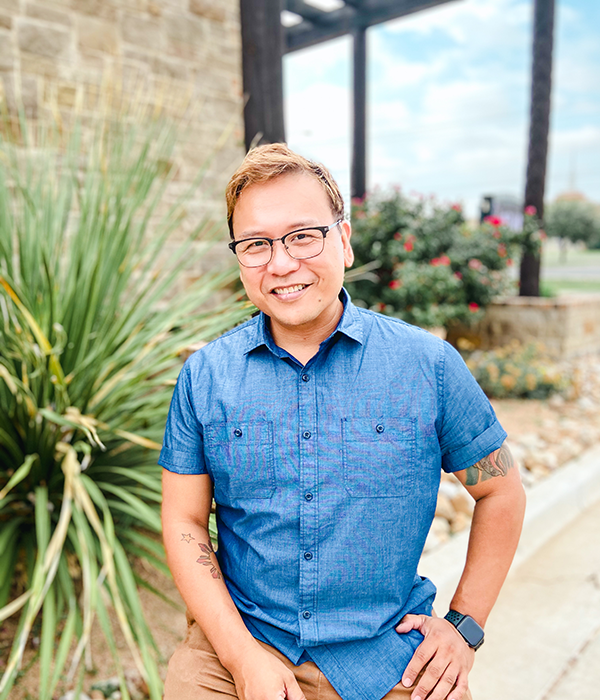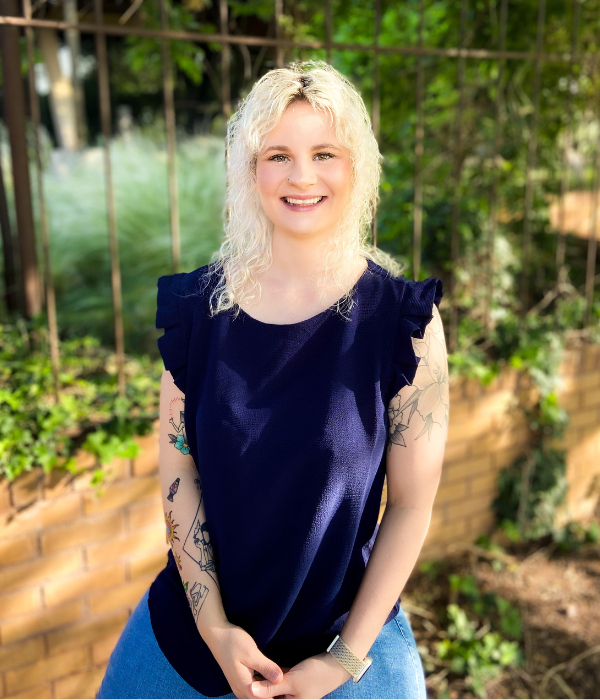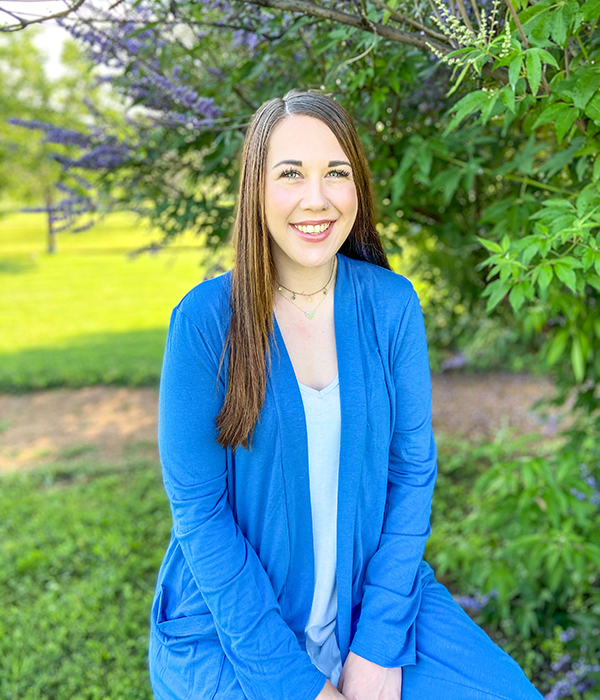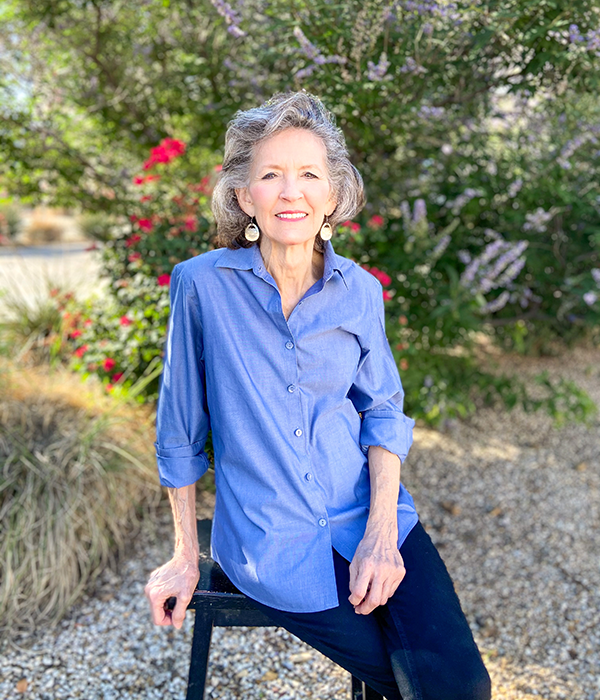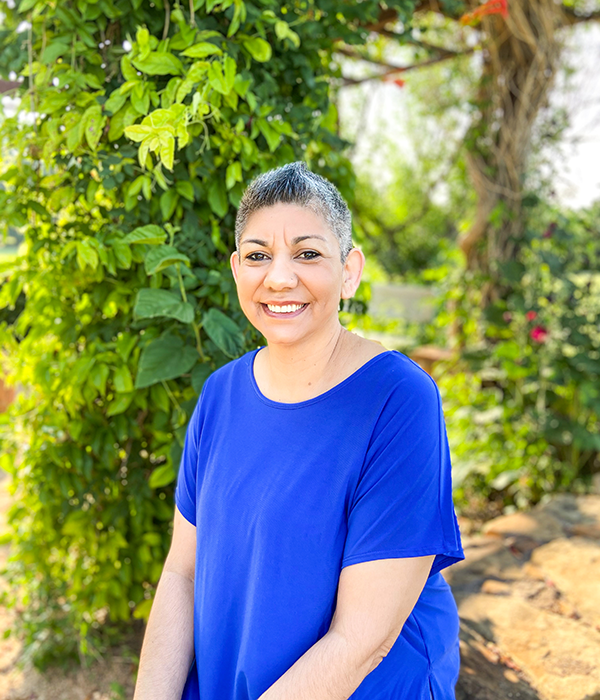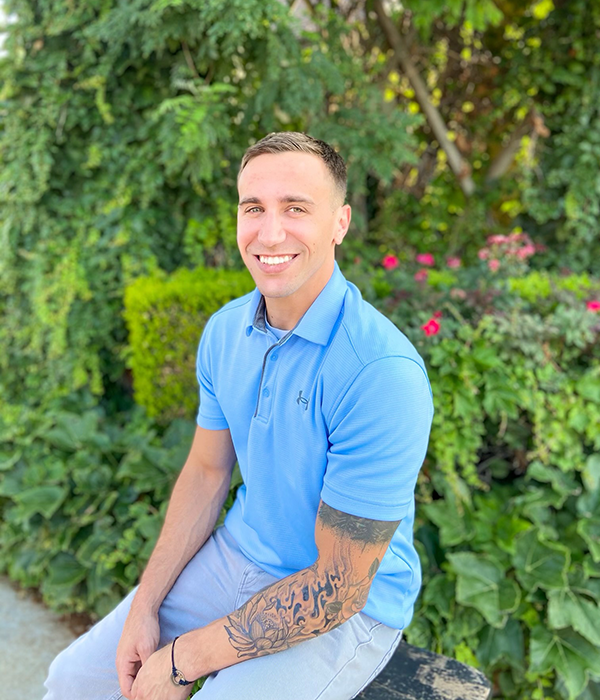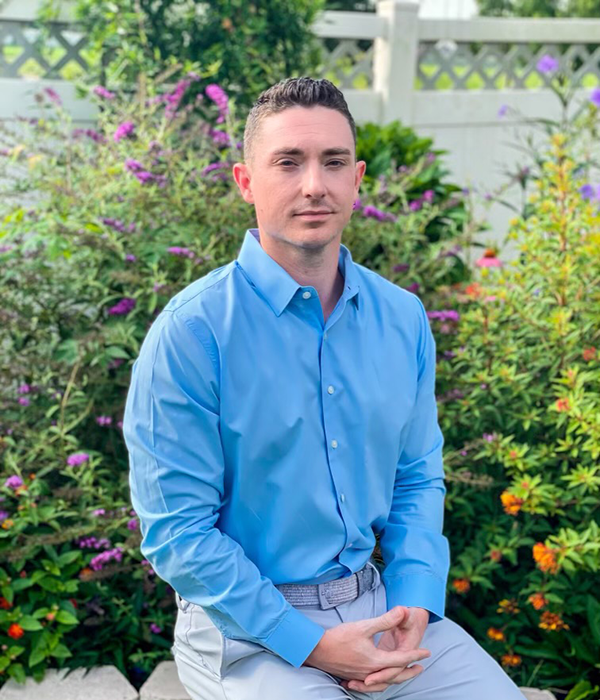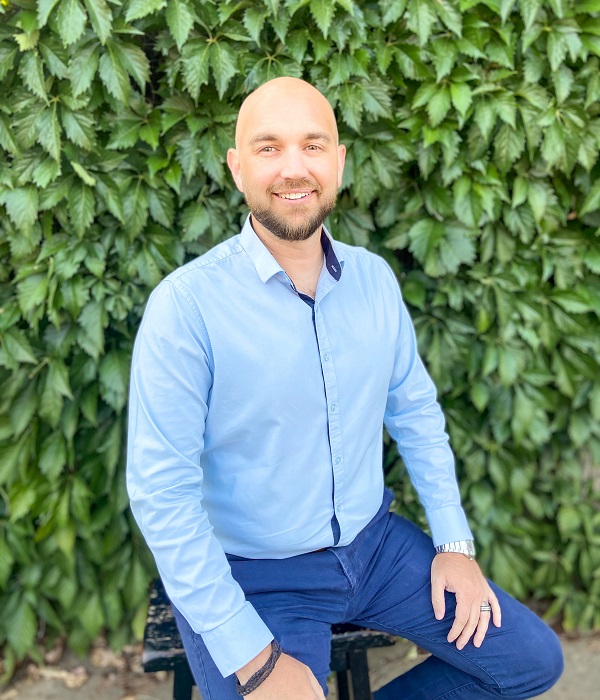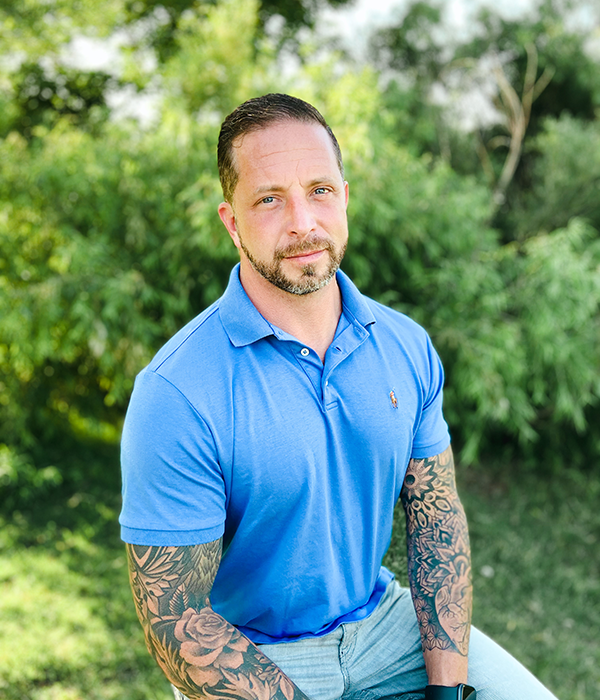Addiction, as we know—like any other mental illness—negatively affects the entire family. Adult children of alcoholics and addicts (ACOAs) know all too well the family dynamics of addiction. Most who have been exposed to or struggled with addiction can certainly attest to the psychological roller coaster that ensues the minute chemical dependency occurs. The constant extremes of ups and downs is taxing and beyond trying.
For young children exposed to this chaos, the experience can be absolutely traumatizing. In fact, many COA’s (Children of Addicts) present with symptoms of PTSD (Post-Traumatic Stress Disorder). If untreated in childhood, the symptoms of PTSD only worsen and greatly affect the later adult child’s ability to function in a normal world. Basically, growing up in addiction impedes a child’s ability to reach their full potential in childhood and adulthood.
The phrase—in a normal world—brings about an important point. Generally speaking, children are resilient and adaptable. They observe, mimic and conform to the surrounding environment and people in it.
Children of addicts are no exception. They take note of everything happening around them—chaos, constant crisis, irrational, attention-seeking and dramatic behaviors included—and adapt to the extreme ebb and flow. They learn quite quickly how to survive their increasingly unstable and potentially life-threatening environment.
Typically, this process is referred to as mal-adapting. For active addiction, mal-adaption is very desirable and enabling, as it conforms to the chaos and follows the assumption the world revolves around the addicted individual. But, for the child, mal-adapting is a slow death of the child’s true identity.
Spending an entire childhood mal-adapting to and enabling the constant insatiable, self-sabotaged and consequently unmet needs of an addict is akin to forcibly being immediately drafted from the womb to train for battle. Just as with highly trained soldiers, the brain is conditioned to respond to certain situations in specific ways. Moreover, those situations and specific responses become familiar and comfortable. For example, a trained soldier’s brain might crave structure, control, adrenaline and a sense of mission. Conversely, the mal-adapted brain of a child of an addict has—aside from the need for adrenaline—a completely opposite craving.
Because the conditioning, training and disciplines a child in an addicted home receives are typically learned through observation and experience, there is no known frame of reference; no clear sense of who is in charge, structure or boundaries. Their lives—as well as that of the addict’s—are completely out of control.
Consequently, this level of dysfunction becomes familiar and comfortable. Over time, it becomes a necessity. Unfortunately, just as addicts crave their drug of choice, ACOA’s begin to crave addiction—as well as the drama, chaos, constant crisis, adrenaline, cortisol and other chemical surges that accompany it. It sadly becomes comfort food for their wounded souls. Therapy and a recovery program not unlike those designed for addiction are typically their only hope.
Without professional help, children of addicts typically grow up to either become addicts or subconsciously seek relationships with individuals who struggle with active addiction or some other form of untreated mental illness. Therefore, if you are an adult child of an addict or alcoholic, it is important to take an inventory of personal relationships and make note of any unhealthy patterns, with regard to close friends and significant others. If there are noticeable similarities, regarding toxic, abusive or addictive behaviors, it’s time to seek help for yourself; not because you have a problem, but because you have potential, and you’re not living it.
If you are a co-parent with or family member of active addicts with children, first seek the guidance of a counselor to address any negative effects the active addiction of another has had on you. Remember, you are no good to anyone else, if you are not first good to you. Shift your focus from attempting to force the individual in active addiction to get help and concern yourself, first, with your own mental well-being. Then, intervene on a level in which your energy will not be wasted—an area where you can exercise some control and hopefully create a greatly needed change; get professional help for yourself and the children.
Call our hotline: 1-844-6-GETHELP.
A similar version of this article was first published in Metro Leader.
